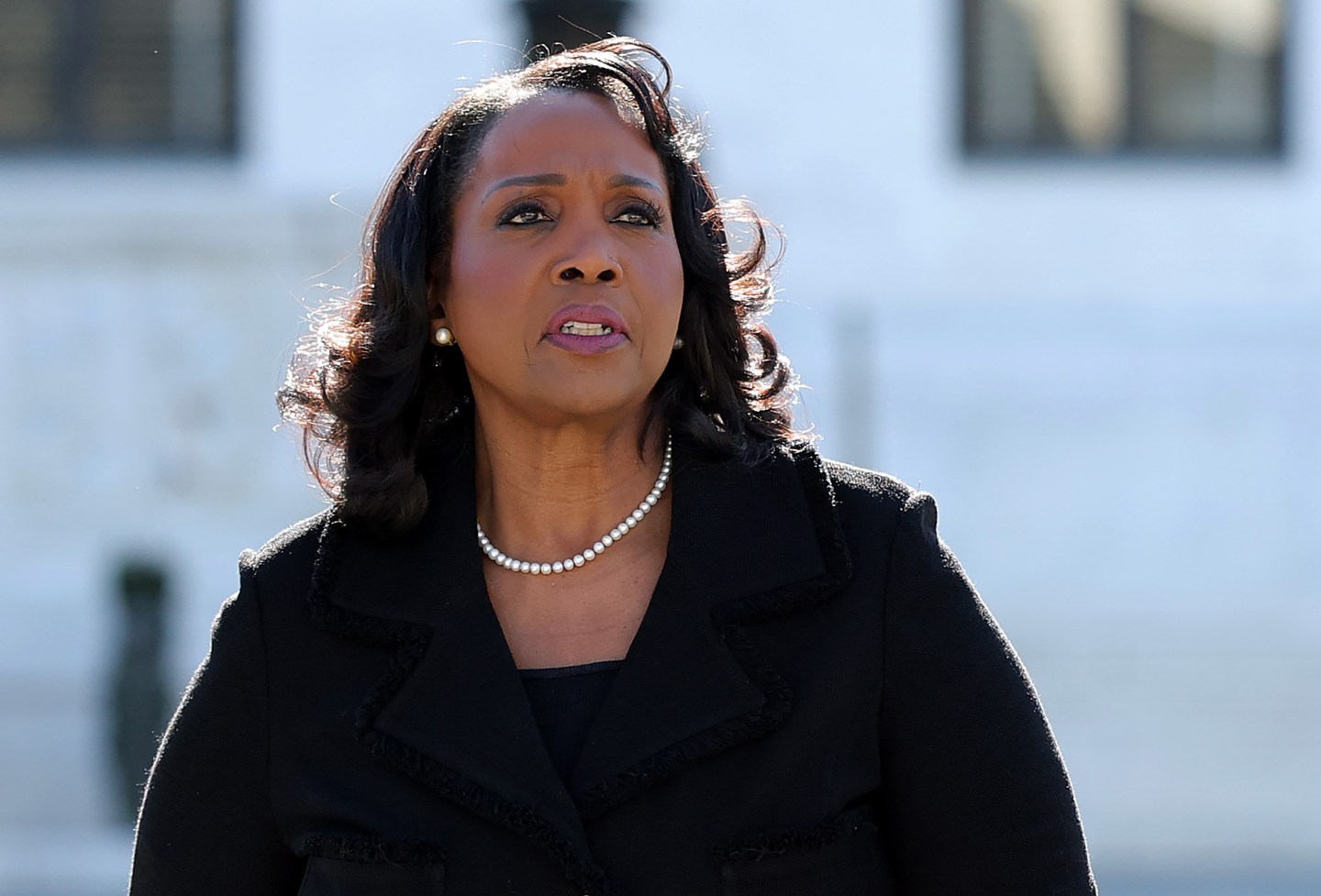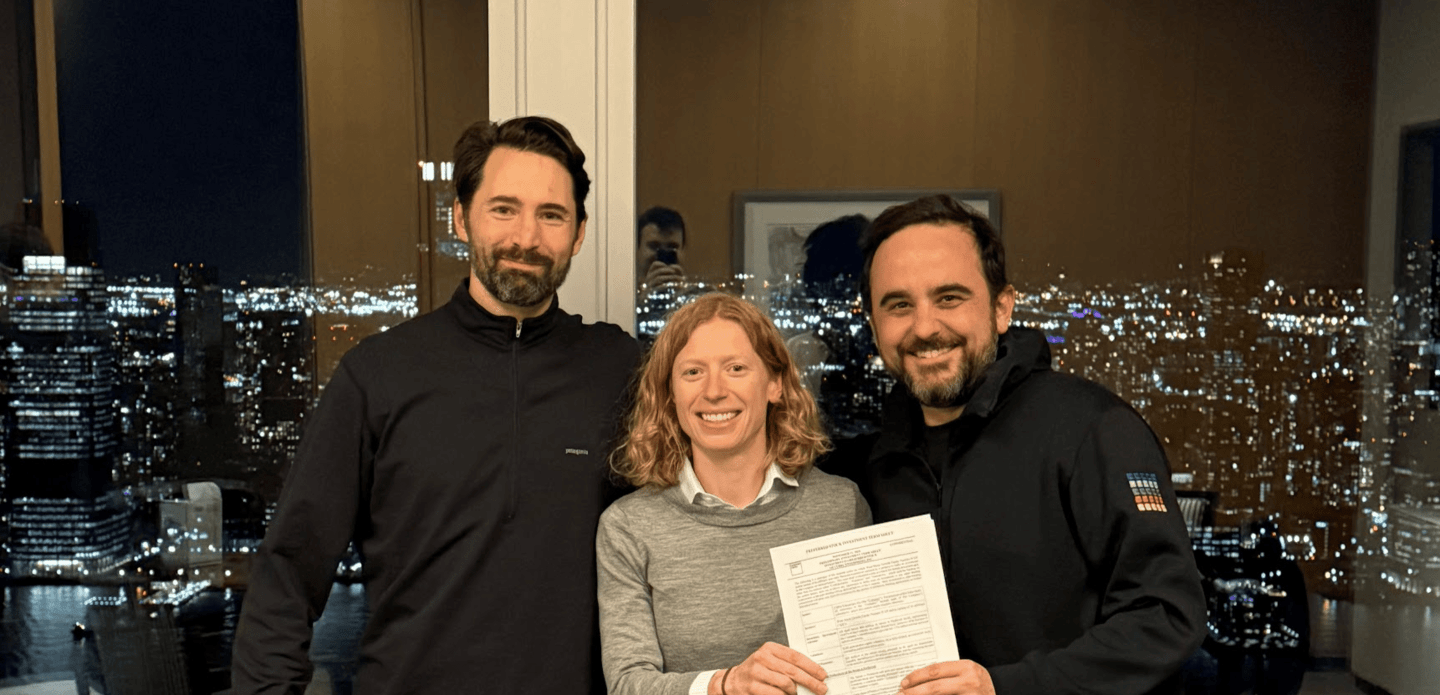Good afternoon, readers.
Hospitals are seen, sometimes literally, as saviors within their communities. To treat the afflicted is no minor responsibility. But their reach can—and should—extend well beyond treating the patients that arrive at a hospital’s doorsteps.
That was the takeaway I got from a conversation with experts such as Kyu Rhee of IBM Watson Health, Dr. Josh Sharfstein and Dr. Rachel Thornton of Johns Hopkins, Barbie Robinson, the director of health services in Sonoma County, CA, and Dr. Jack Westfall, director of the Robert Graham Center, during a panel discussion with Fortune this morning.
To put things in context: Hospitals are largely judged on metrics such as how many patients are readmitted before being released. Those metrics can dictate their rankings on “Best Hospital” lists.
But that alone can’t explain a hospital’s capabilities or explain the progress that has to be made. All of our panelists this morning emphasized that a hospital needs to be more than a triage center—it needs to be an active participant in the community on issues such as environmental sustainability, food security, mental health services, and actively engaging the populations that they serve.
In short: It’s not enough to just be a brick and mortar building that treats those who are already sick, you need to actually do the groundwork to make sure that people don’t get sick in the first place.
We’ll have more on this, because it’s a critical discussion. But suffice to say I’m glad we had this one.
Read on for the day’s news.
Sy Mukherjee
sayak.mukherjee@fortune.com
@the_sy_guy
DIGITAL HEALTH
Maven creates digital health tool for sending kids back to school. Maven Health began as a women's digital health company. So it speaks to a host of societal issues that the company felt compelled to develop an app about giving parents information on whether or not they should or should not send their kids to school. The COVID-19 Child Care Decision program gives users a quiz to assess risk. The suggestions which come out aren't binding, but rather meant to provide some semblance of advice when political leaders have been giving people wildly divergent suggestions. (MobiHealthNews)
INDICATIONS
U.S. government, Moderna strike deal for 100 million coronavirus vaccine doses. The Trump administration has struck a $1.5 billion deal with Moderna, the upstart biotech with one of more advanced COVID vaccines, in order to secure 100 million doses of the drug if and when approved. The vaccine gold rush around coronavirus has both raised hopes about the industry—and concerns that a hasty effort could lead to ineffective treatments. It's still unclear just how effective Moderna's, or any of its competitor's, vaccine candidates will ultimately prove in the long run. (CNN)
THE BIG PICTURE
Biden says all Americans should wear masks when outside for the next 3 months. Presumptive Democratic presidential nominee Joe Biden, who named California Sen. Kamala Harris as his running mate this week, doubled down on the necessity of wearing masks in public during a speech on Thursday. "Every single American should be wearing a mask when they're outside for the next three months, at a minimum," he said. "Every governor should mandate mandatory mask-wearing. The estimates by the experts are it will save over 40,000 lives." Masks have become a strangely politicized issue, but the science is pretty clear—a virus which spreads through the air can be held back via the use of masks. And the issue isn't so much about one's own personal protection as it is the safety of all others. (NPR)
REQUIRED READING
How Livongo reached its historic megamerger, by Sy Mukherjee
A blueprint for redesigning the office in the pandemic age, by Nicolas Rapp & Brian O'Keefe
Bars are fighting to stay in compliance with their states' regulations, by Brooke Henderson











